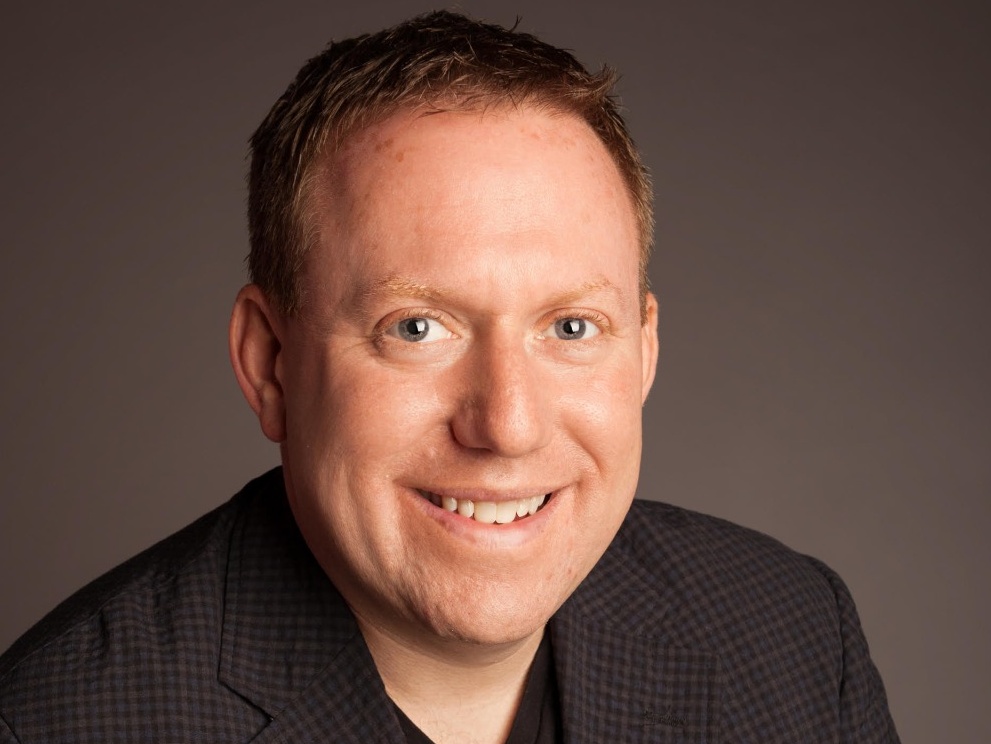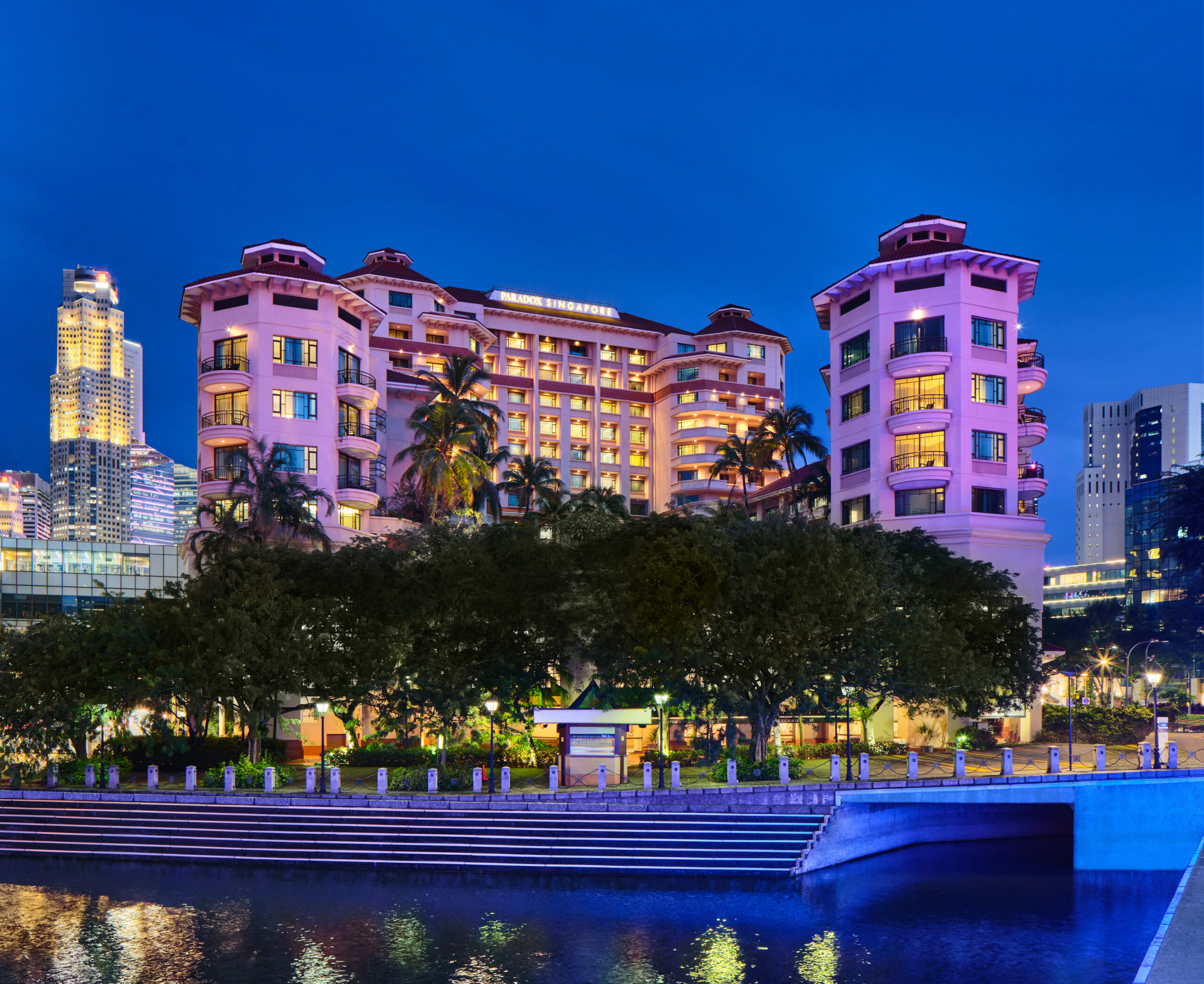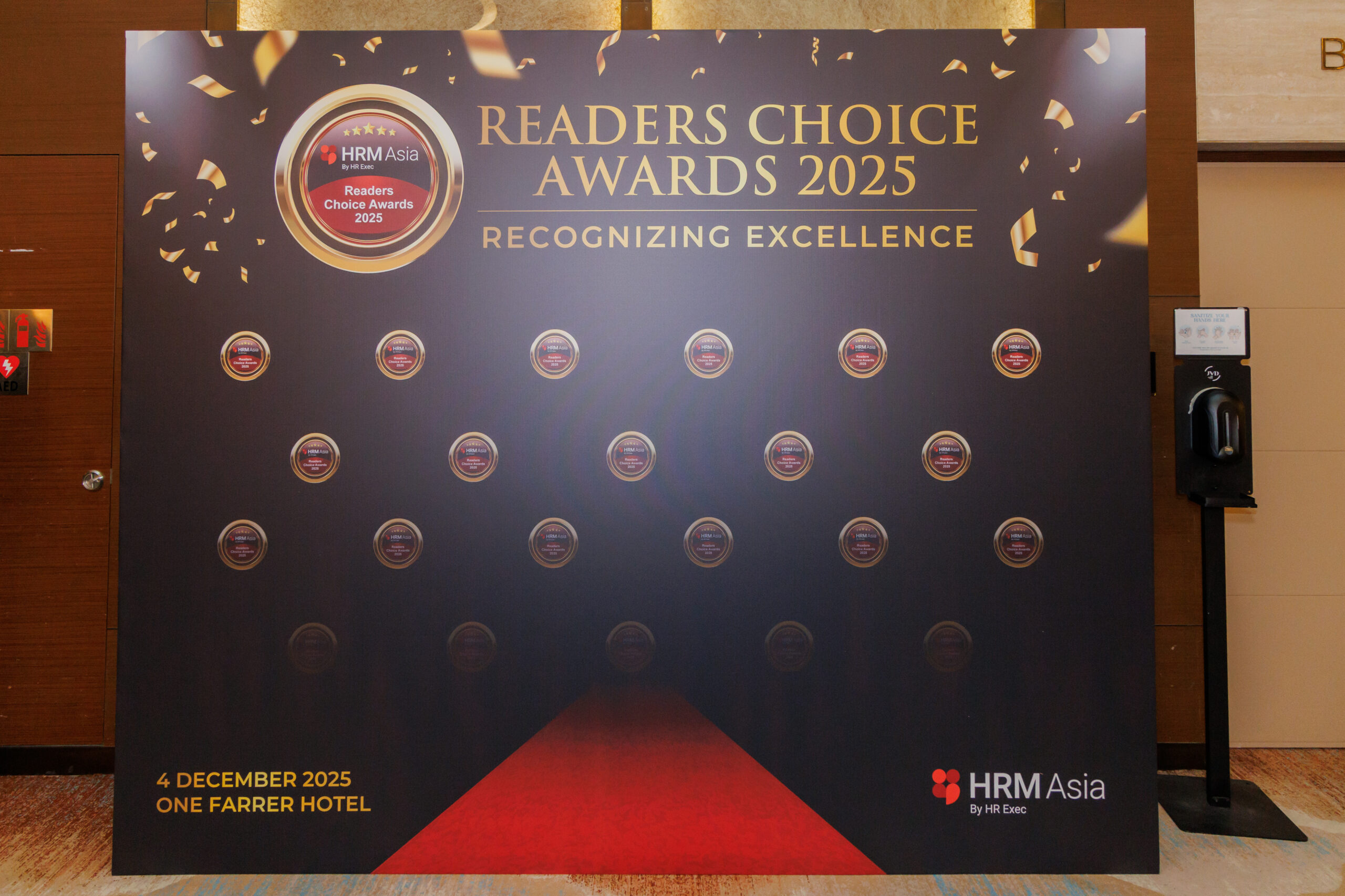Jason Averbook: The Now of Work
- Shawn Liew

With lockdowns gradually being lifted around the world, organisations have decisions to make. Do they make a full or partial return to the workplace, and should they continue work-from-home (WFH) practices that have proven to be effective?
While there may not be a one-size-fits-all answer for all organisations, one thing is perhaps indisputable – work has changed forever, and organisations need to embrace the Now of Work, urged Jason Averbook, CEO and co-founder of Leapgen.
“As the ‘next normal’ comes into focus, we must stop processes that don’t add value now. Work is now being redefined weekly, and we must focus on navigating the future.”
Speaking as a keynote presenter at HR Tech Fest Connect 2020, which took place from May 12-13, Averbook advised companies to begin with the adoption of digital models across the organisational structure.
He said, “The digital workplace is a new mandate for every organisation in the world. HR needs to play a big part in this strategy, if not own it.
“We must quickly bring together our workforce-facing digital efforts in the new Now of Work. HR must shift from a silo-ed technology operating model to a coordinated digital model.
“The days of having HR, HR operations and an HR technology function are over. It is now time for HR to embed a digital mindset into the function.”
To attain digital success, organisations need to understand what matters most to their workforce, ask themselves what equates to ‘high impact’ for their organisations, have a clear vision and strategy to get where they want to go, and ensure full commitment and acceptance of change across the organisation.
Another key area for organisations to prioritise, is their people. In the Now of Work, organisations need to know more about their employees, who they connect with, how they are feeling, what they are thinking – all in real time.
Traditional perceptions regarding the workforce have changed overnight, and organisations must now think about communication, coaching, feeling and wellbeing.
The time to re-invent is now, as Averbook explained, “We have wasted trillions of dollars and millions of employee and manager hours doing talent management practices that simply do not matter.
“Let’s rid ourselves, and for all, of the once-per-year engagement survey model. It’s time to move to a listening, monitoring and action model to truly understand our workforce.
“Our job is to enable experiences, communications and capabilities that can drive the highest impact on the organisation over the next 3-6 months.”
For instance, organisations should re-prioritise their alignment on the mindset between organisation objectives, HR/people objectives and digital HR/objectives, such that it now takes centre stage.
They should also eradicate ‘link farms’ with links to old systems, content and information that just are not personalised for employees. Instead, optimise intranets, portals and experience layers to the Now of Work.
2020 will be the year that HR changes forever. The question is, will it be because of COVID-19 or companies themselves, Averbook asked.
“What we planned on doing in 2020 more than likely makes no sense any longer. Priorities have changed, budgets have changed; intentional sequencing is more important now than ever, as well as a focus on the now to next.”
To help organisations plan for their next steps, Averbook offers his ten guideposts for the Now of Work:
- Aligned mindset/focus more important than ever
- Work as we know it has changed forever
- New HR/people operating model: Digital delivery required
- Employee experience layer a must, not just a nice-to-have
- Moments that really matter
- Managers/leaders in the new Now of Work
- People data – A whole new world
- Digital workplace now a big part of HR’s responsibility
- Roadmaps need revising and focus now
- Mindset must be changed to #NOWOFWORK
He was, however, quick to emphasise that nothing will change unless organisations initiate change. Mindsets need to be created, people need to be understood, processes need to be re-imagined, and organisations need to understand that technology is the fuel that allows these to happen.
“We have the biggest opportunity of our careers right now to reshape, reframe and reset the future of our function. Each day, we should challenge ourselves to break the status quo,” Averbook concluded.






